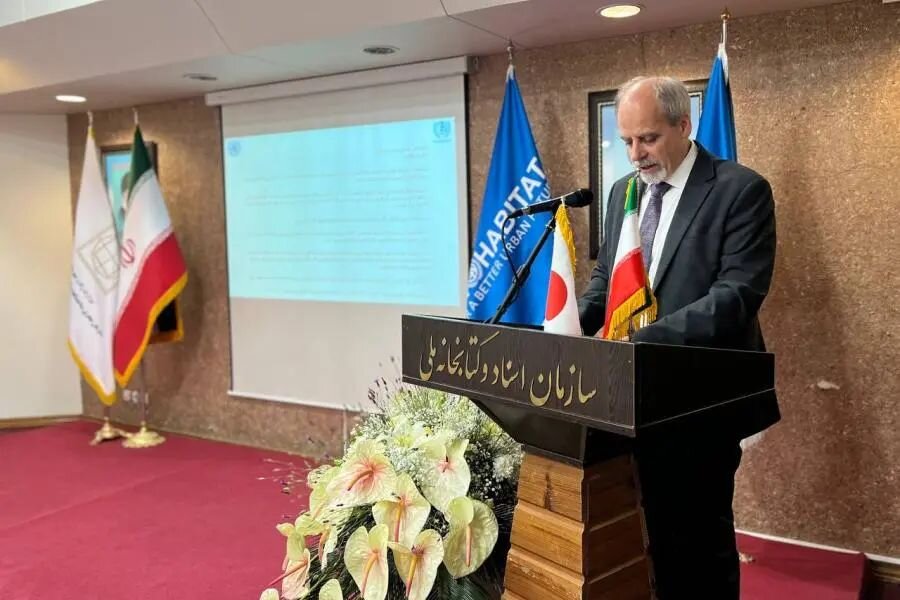BEHTAB aims to make Iranian hospitals more resilient to natural hazards

TEHRAN –The UN-Habitat in Iran has successfully implemented the second phase of a project, dubbed BEHTAB, with the goal of enhancing Iranian hospitals’ resilience against natural hazards.
Funded by the Government of Japan, the project, mainly known as ‘Emergency Support for Safer Hospitals and Settlements’, focused on evaluating, designing, and implementing retrofitting measures in hospitals throughout Iran, the UN website announced in a press release on June 11.
This initiative aimed to assist the Iranian government in mitigating seismic risks associated with public buildings and bolstering their capacity to withstand future earthquakes.
The BEHTAB phase-II project aligns with the UN's commitment to reducing disaster risks as outlined in the United Nations Sustainable Development Cooperation Framework (UNSDCF).
The project achieved significant milestones, including seismic vulnerability assessment and retrofitting design for 11 hospitals with 4000 beds and 380,000 square meters and constructing retrofit role models of the non-structural components in two selected hospitals within these facilities.
Additionally, it fostered institutional and personnel capacity development for long-term project sustainability.
The closing ceremony of the project which was held at the Iranian National Library on 15 May was a major milestone, bringing together key stakeholders, including the UN Resident Coordinator in Iran, Stefan Priesner; Deputy Minister, Ali Nabian; Ambassador of Japan, Tamaki Tsukada; Director General, Gholamhossein Darzi from the Ministry of Foreign Affairs; and Advisor to the Minister and Secretary of the National Habitat Committee, Arman Khorsand, and other participants in the project.
Expressing gratitude for the successful partnership, Priesner stated that the ‘BEHTAB phase-II project, initiated in 2021 with generous financial support from the Government and people of Japan, and with the partnership and cooperation of the Ministry of Roads and Urban Development of the Islamic Republic of Iran, was successfully implemented. It has yielded notable outcomes, a source of pride today.’
By assessing vulnerabilities and implementing retrofitting measures in selected hospitals, the project provides instructions for improving the facilities to ensure that these critical facilities remain operational during times of crisis.
This effort together with the development of national guidelines and knowledge sharing with stakeholders and expert communities, not only enhances the safety and capacity of healthcare infrastructure but also strengthens disaster preparedness across the country, benefiting local communities by improving emergency response and overall resilience with a shared commitment to building resilient communities.
MT/MG
Photo: Stefan Priesner, the UN Resident Coordinator in Iran, delivering a speech at the closing ceremony of the BEHTAB project on May 15.
